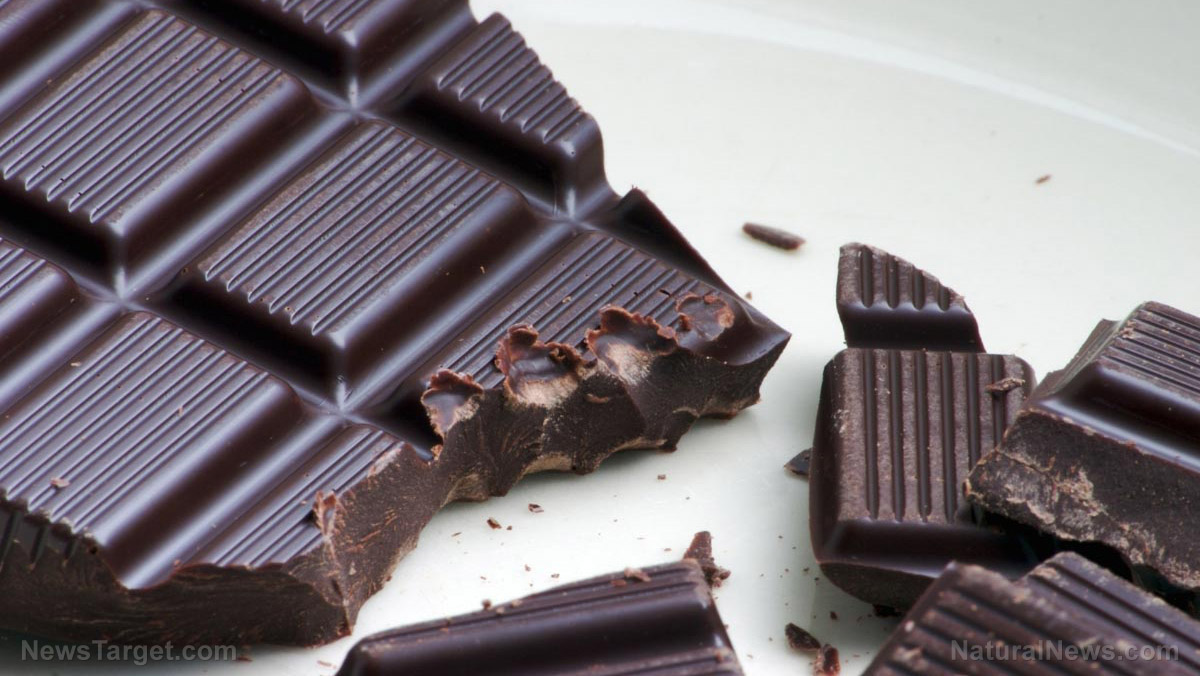
The following study, which was published in the Journal of Nutrition & Intermediary Metabolism, aimed to examine the association between dark chocolate consumption and levels of anxiety, particularly the presence of metabolic syndrome (MetS).
During 2001-2002, the study involved 1,514 men and 1,528 women above 18 years old, without any clinical evidence of cardiovascular disease or any other chronic disease, at baseline, and living in the greater Athens area, Greece. The researchers then performed a 10-year follow-up in 2011-2012, involving 2,583 participants (75 percent retention).
The team calculated the participants' dark chocolate intake using validated FFQs, while they assessed their anxiety levels with the Spielberg Anxiety Questionnaire.
Data analysis showed that individuals with MetS reported significantly higher anxiety levels than those without MetS.
Among subjects with lower levels of anxiety, every 25-mg increase in their daily intake of dark chocolate polyphenols reduced the chances of MetS risk by five percent, after adjustment for gender, age, and physical activity levels. However, the researchers found no such association in participants with higher levels of anxiety.
The research team concluded that the daily consumption of dark chocolate could have a favorable effect on the development of MetS in individuals with low levels of anxiety and chronic stress.
A similar study was conducted to determine the efficacy of different types of chocolate in reducing perceived stress. The study involved 60 students who were divided into three groups – dark chocolate (DC), milk chocolate (MC), and white chocolate (WC) – with 10 males and 10 females per group.
The students answered a PSS-10 (Perceived Stress Scale) questionnaire at baseline, and after consumption of chocolate (40 g/day) for two weeks. The research team found that the consumption of 40 g of DC and MC every day for two weeks appears to be an effective way to reduce perceived stress. The difference was more evident and statistically significant in female students as compared to the males.
Stress reliever and mood enhancer
Eating chocolate indeed is a great way to reduce stress and lift your mood. Before you binge on that chocolate bar, however, you have to consider what kind of chocolate it is.
Chocolate contains cocoa, and cocoa contains compounds called polyphenols that have been shown to positively affect anxiety and enhance calmness, reducing stress in both highly stressed and healthy individuals.
Over 10 percent of the weight of cocoa powder is flavonoids, a group of polyphenolic compounds that are also abundant in fruits, vegetables, tea, and red wine. Cocoa and chocolate products have the highest concentration of flavonoids among commonly consumed foods. Dark chocolate is one of the richest sources of polyphenols.
A small portion of dark chocolate (40 g or about one and 1/2 ounces) contains 400 to 800 mg of polyphenols, while 10 g of cocoa powder contains about 600 mg. Milk chocolate has significantly fewer polyphenols, and white chocolate has none.
Essentially, the darker the chocolate, the higher the percentage of cocoa it contains, and the more polyphenols you’ll consume per serving. When choosing a chocolate or cocoa product, look for one that is at least 70 percent cocoa or even darker (up to 85 percent cocoa) if you like. Eat no more than one or two ounces per day. (Related: Dark chocolate demonstrated to improve cardiovascular health by reducing systemic inflammation.)
You can also mix cocoa powder with milk substitutes and alternative sweeteners for a delicious, mood-enhancing beverage.
Learn more about the sweet benefits of cocoa and dark chocolate at Chocolate.news.
Sources include:
Please contact us for more information.






















